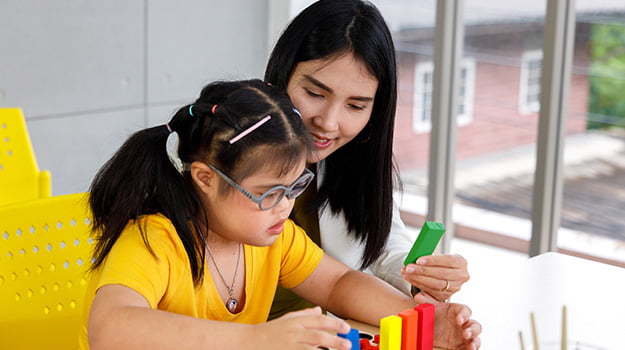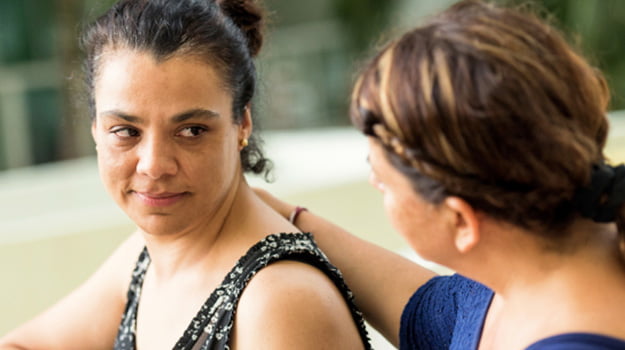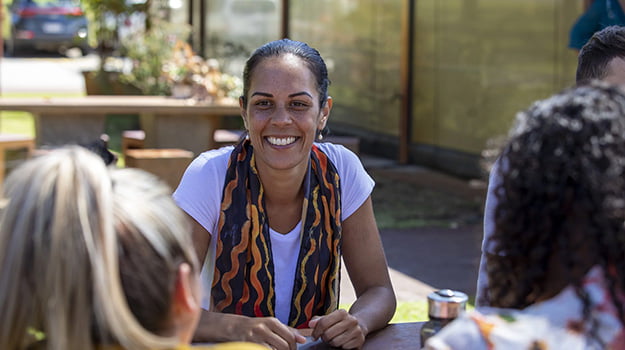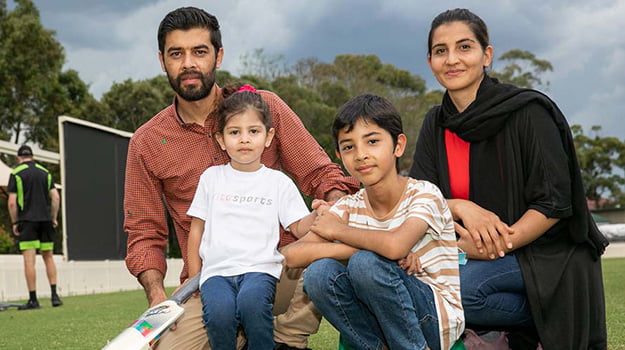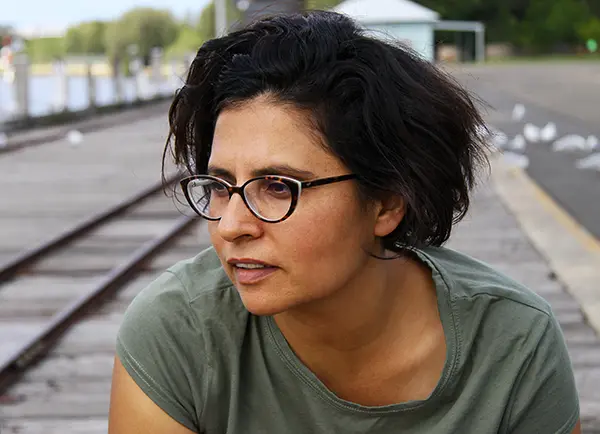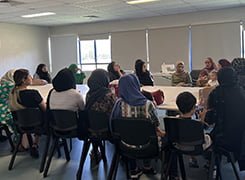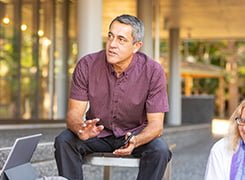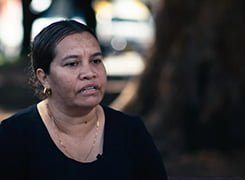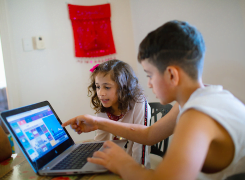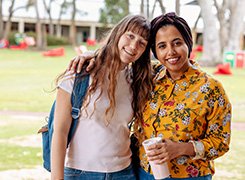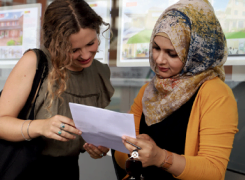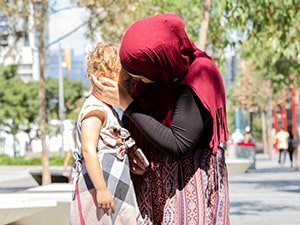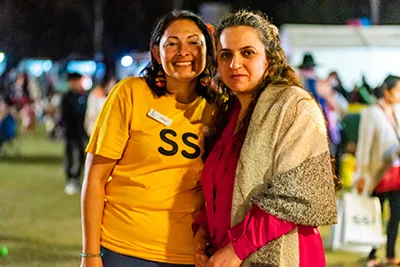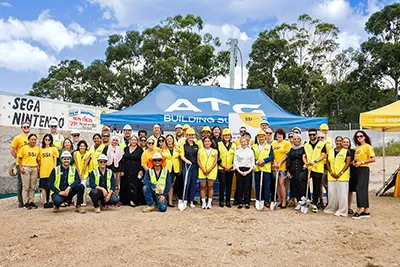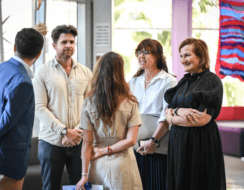28 Jun 2022
NewsSSI at FECCA: a multicultural perspective on the Uluru Statement, and the power of humanity
That was SSI CEO Violet Roumeliotis’ message to those attending the Federation of Ethnic Communities’ Councils of Australia (FECCA) conference at the Sofitel Melbourne, June 16-17.
Speaking during the conference dinner, Ms Roumeliotis said that only by working together could Australia be a place of belonging, a place where all people, regardless of where they came from, felt they were welcomed and encouraged to reach their full potential.
FECCA is the peak, national body representing people in Australia from culturally and linguistically diverse backgrounds. Its role is to advocate and promote issues on behalf of its constituency to government, business and the broader community.
The FECCA conference is Australia’s premier conference on multiculturalism, diversity and inclusion, and migration.
This year’s conference was themed “Advancing Multicultural Australia” and brought together multicultural communities, policy makers, service providers, and academics over two days of interesting presentations, speakers and topics.
In addition to being the conference dinner sponsor, SSI was represented by staff making presentations and Ms Roumeliotis delivering the conference dinner speech.
Juliana Nkrumah AM, SSI’s Project Manager Domestic & Family Violence and Founder/President of African Women Australia, delivered a keynote address with Professor Megan Davis, providing a multicultural perspective on The Uluru Statement from the Heart.
She also presented a poster showcasing an innovative SSI project, Supporting U, that trains CALD leaders to respond to domestic and family violence in their communities.
Astrid Perry OAM, SSI’s Head of Women, Equity and Domestic and Family Violence, presented a paper called “Beyond the RAP Document: Embracing the Uluru Statement from the Heart in Multicultural Australia”.
Tadgh McMahon, Head of Research and Policy, presented a paper on digital inclusion from the 2021 Foundations for Belonging report. The paper focused on the gaps in access to digital devices used for remote education (i.e. laptops and desktops) among refugee households and the gaps in digital skills among older refugees, especially women.
At the conference dinner, Ms Roumeliotis spoke about the power of humanity.
“We must remind everyone that the most precious resource in Australia is not what we mine out of the earth – it is the people that walk on it who will deliver the prosperous future for our country,” she said.
She said the need for an open-mindedness to embrace diversity and unleash human potential was not a sentiment shared by all.
“So our challenge as guardians of human rights is to sell this story to others, to influence conversations at every opportunity, and remind our fellow Australians that multiculturalism is part of our DNA.”
She said the political and media support for Afghans and Ukrainians gave hope for the safe, equal and successful settlement of the newly arrived – but that should be the standard response every time people were in need of safety and support.
“For there is much to do. And a long way to go. But we can do this, working together and focusing on what really matters.”

